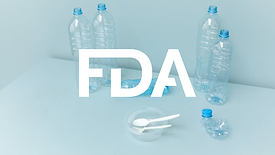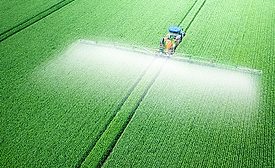Chemical
Changes in regulatory policy and guidance are on the horizon for heavy metals in baby food
Read More
Demystifying Pesticide Residues
To determine acceptable pesticide residue risk levels, we rely on a risk assessment framework to make science-based decisions
October 11, 2022
Never miss the latest news and trends driving the food safety industry
eNewsletter | Website | eMagazine
JOIN TODAY!Copyright ©2024. All Rights Reserved BNP Media.
Design, CMS, Hosting & Web Development :: ePublishing










.png?height=168&t=1661887788&width=275)